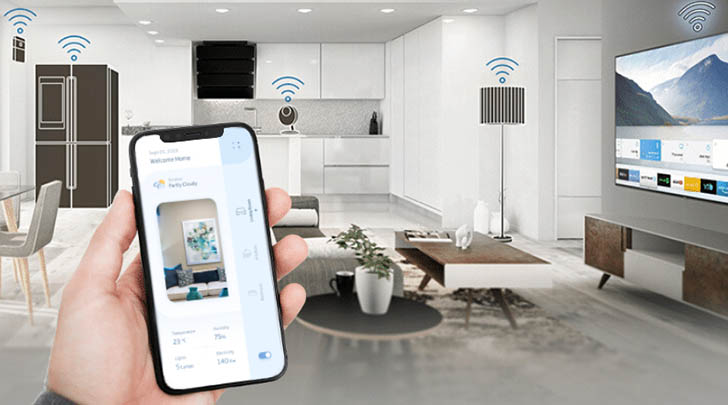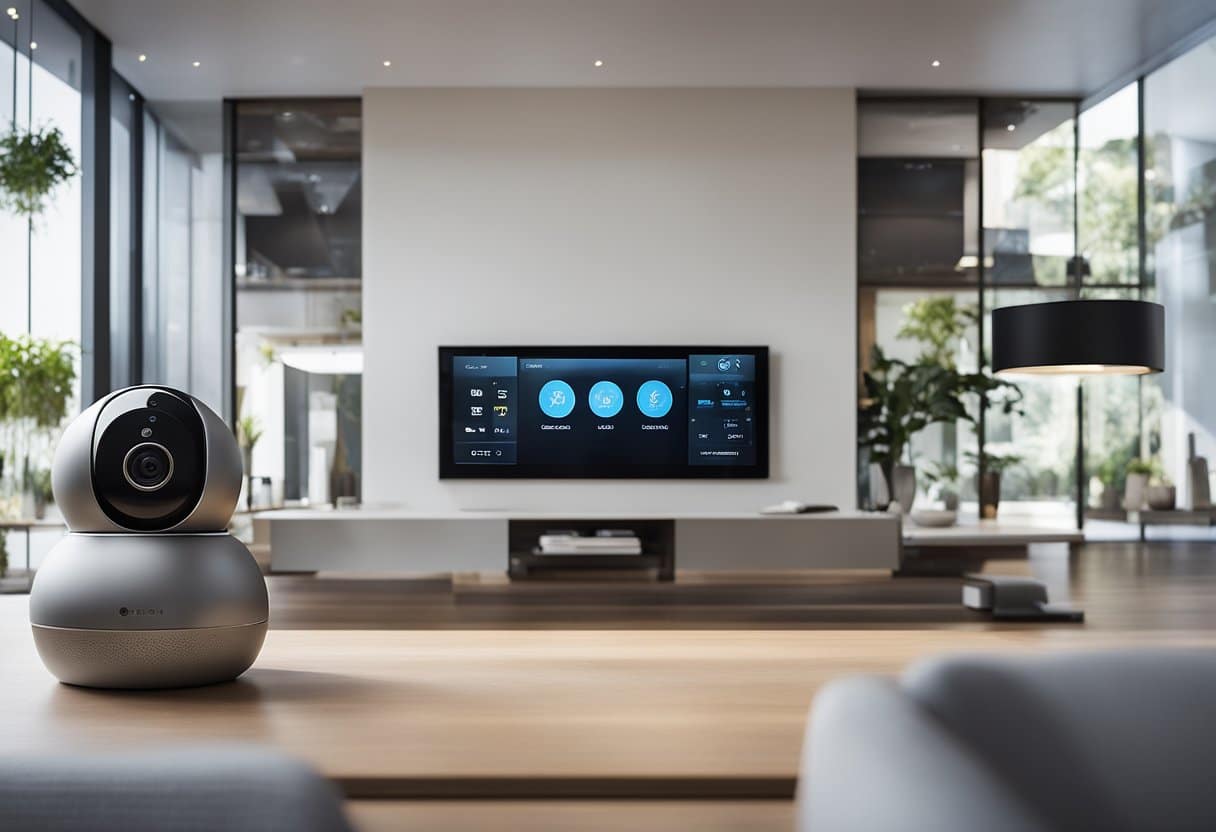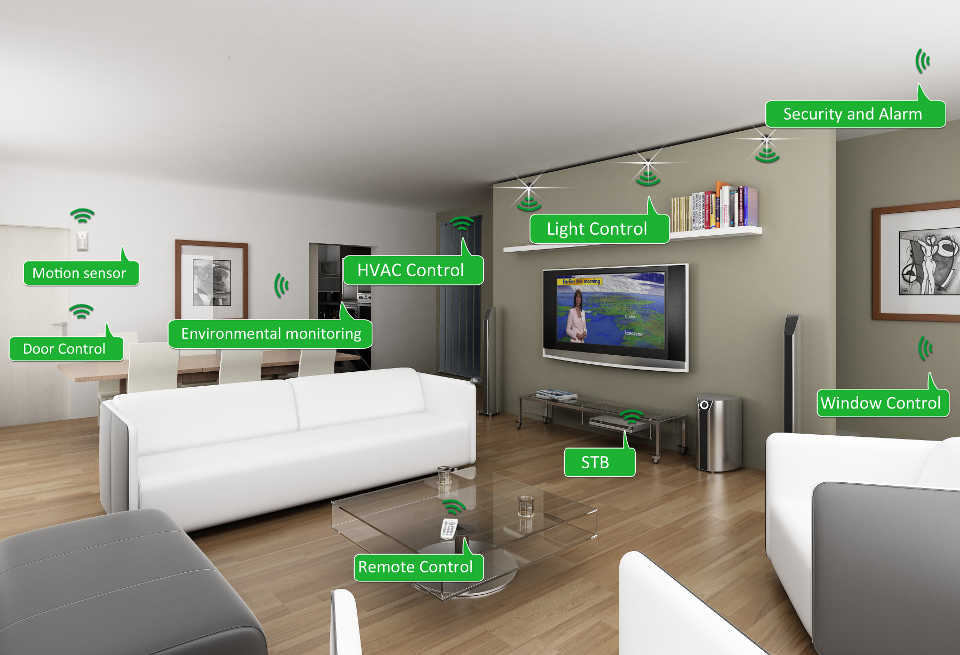As smart homes become increasingly popular, understanding how to manage smart home data is crucial for a smooth and secure experience. With the rise of connected devices, homeowners are now faced with the challenge of managing and organizing vast amounts of data generated by their smart systems. In this article, we’ll explore effective strategies for managing your smart home data, ensuring your home remains efficient, secure, and user-friendly.

Understanding Smart Home Data
Smart home data encompasses all the information collected by connected devices within your home. This includes everything from temperature readings and energy consumption to security footage and personal preferences. Properly managing this data is essential to ensure your devices work in harmony and maintain your privacy and security.
Why Managing Smart Home Data is Important
Efficient data management is key to maximizing the benefits of a smart home. By organizing and analyzing your data, you can optimize device performance, reduce energy consumption, and improve overall home security. Furthermore, proper data management helps protect your privacy by minimizing the risk of unauthorized access to your personal information.
Steps to Manage Smart Home Data
1. Centralize Your Data
One of the first steps in managing your smart home data is to centralize it. By using a dedicated hub or platform, you can consolidate data from various devices, making it easier to monitor and control your smart home ecosystem. Platforms like SmartThings or Home Assistant offer comprehensive solutions for centralizing your devices and data.
2. Regularly Update Device Firmware
Keeping your devices up-to-date with the latest firmware is crucial for ensuring optimal performance and security. Regular updates often include patches for vulnerabilities, new features, and improvements to device functionality. Enable automatic updates if possible, or set reminders to check for updates periodically.
3. Implement Strong Security Measures
Protecting your smart home data requires robust security measures. Start by securing your Wi-Fi network with a strong password and enabling encryption. Additionally, use two-factor authentication (2FA) for your smart home accounts and regularly review device permissions to ensure your data remains private.
4. Monitor Data Usage
Keeping an eye on your data usage can help you identify potential issues and optimize device performance. Many smart home platforms offer built-in analytics tools that provide insights into energy consumption, device activity, and more. Use these tools to monitor and analyze your data, making adjustments as needed to improve efficiency.
5. Set Up Alerts and Notifications
Setting up alerts and notifications can help you stay informed about your smart home system’s status. Configure notifications for important events, such as security breaches or device malfunctions, allowing you to take immediate action when necessary.
6. Create Automation Routines
Automation routines can help streamline your smart home data management by automating repetitive tasks and optimizing device performance. For example, you can create routines to adjust thermostat settings based on occupancy or schedule lights to turn off when no one is home. This not only improves efficiency but also reduces data clutter.
7. Backup Your Data
Regularly backing up your smart home data is essential for safeguarding against data loss. Many platforms offer cloud-based backup solutions, ensuring your data is secure and easily recoverable in the event of a system failure or device malfunction.
Conclusion
Effectively managing your smart home data is crucial for ensuring a seamless and secure experience. By centralizing your data, implementing strong security measures, and regularly monitoring and optimizing your system, you can enjoy the many benefits of a connected home without compromising your privacy or security. For more information on smart home systems and maintenance, visit smart home maintenance tips.

FAQ
What is a smart home hub?
A smart home hub is a central device or platform that connects and controls various smart devices within your home. It allows you to manage and monitor your devices from a single interface, simplifying data management and device control.
How can I improve my smart home security?
To improve your smart home security, ensure your Wi-Fi network is secure, use strong passwords and two-factor authentication, and regularly update your device firmware. Additionally, review device permissions and configure alerts for suspicious activity.
Why is it important to back up smart home data?
Backing up your smart home data is essential for protecting against data loss due to system failures or device malfunctions. Regular backups ensure your data is secure and easily recoverable, maintaining the integrity of your smart home system.
For more insights on upgrading your smart home devices, check out this guide on upgrading your home with smart devices.






